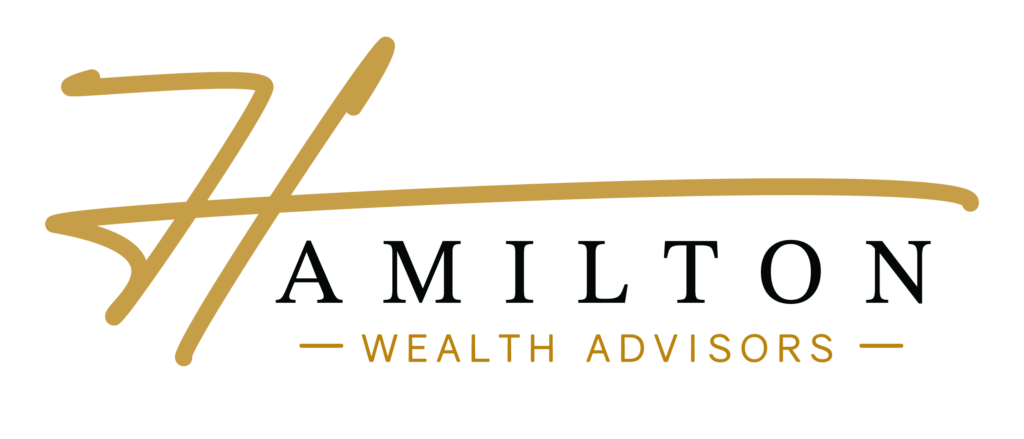As the year draws to a close, it’s not only a time for festive celebrations but also a crucial period to reflect on your financial journey and set the stage for a prosperous future. One area deserving careful consideration is your retirement plan contributions – a cornerstone of retirement planning. This comprehensive guide explores the importance of adjusting your 401(k) contributions as part of preparing for the new year’s financial goals, so read on to learn more.
Step 1: Evaluating Your Current Financial Situation
Before you know where you’re going in the new year, you’ve got to have a clear idea of where you stand at present.
A. Budget Review
Start by reviewing your current budget. If you aren’t yet using a realistic budget, now is the time to create one. It will help you understand your income, expenses, and identify areas where adjustments may be needed.
B. Emergency Fund
Even if you have a high net worth, ensure your emergency fund is sufficient. Having a financial safety net of liquid assets provides peace of mind and allows you to focus on long-term goals, such as retirement savings.
C. Debt Assessment
Evaluate your outstanding debts, paying particular attention to any that have high interest rates, such as credit cards or personal loans. Make a plan to pay down what you owe in the new year to free up more funds for saving and investing.
Step 2. Setting Clear Financial Goals
Setting goals for the next 12 months is a smart way to accomplish more this year. If you haven’t had luck with goal setting in the past, try the S.M.A.R.T. goals method.
A. Short-Term Goals
Identify short-term financial goals for the upcoming year. These could include saving for a vacation, home improvement, or building up a specific fund.
B. Long-Term Goals
Outline your long-term goals, too, with a primary focus on retirement. Clarify the lifestyle you envision during retirement and estimate the financial requirements to achieve it.
C. Milestones and Timelines
Establish milestones for each goal and set realistic timelines. This step provides a roadmap for your financial journey and helps track progress over time.
Step 3. The Role of Retirement Plan Contributions in Financial Planning
If you have a 401(k), 403(b), IRA, or other tax-advantaged retirement plan, you’ll want to optimize your retirement plan contributions.
A. Tax Advantages
Let’s talk about 401(k) accounts, in particular, since they are common and contributions offer tax advantages. Contributions are made on a pre-tax basis, reducing your taxable income in the current year and allowing your investments to grow tax-deferred.
B. Employer Match
Take full advantage of any employer match offered in your 401(k) plan. Employer matches represent free money and significantly boost the growth of your retirement savings.
C. Consistency and Compounding
Consistent contributions – even small ones – help you harness the power of compounding. Regularly contributing to your 401(k) allows your investments to grow exponentially over time.
Step 4. Determining the Right Contribution Level
The retirement plan contribution level that’s right for you will typically evolve over time as your salary grows and your needs change.
A. Assessing Current Contributions
Review your current 401(k) contributions over the past 12 months. Could you have done more? Ensure you are maximizing employer matches when possible and assess whether your contributions align with your financial goals. Now is the perfect time to make adjustments.
B. Salary Increases and Windfalls
Consider increasing your contributions in the new year, especially if you’ve received a salary increase or unexpected windfall. Channeling additional income into your 401(k) accelerates your retirement savings.
C. Contribution Limits
Be mindful of IRS contribution limits, which tend to change from year to year. For 2024, retirement plan contributions limits for 401(k) plans, as well as for 403(b) plans, most 457 plans, and IRAs, can be found here. Typically, there are provisions for those over age fifty to make catch-up retirement plan contributions, too.
Step 5. Strategic Adjustments for the New Year
It might be tempting to think about setting up your retirement plan contributions once and then never having to change them. However, it’s best to keep an eye on opportunities to invest more for your golden years.
A. Goal-Aligned Contributions
Align your 401(k) or other retirement plan contributions with your financial goals. If you have specific short-term goals, consider adjusting contributions accordingly.
B. Reviewing Investment Strategy
Evaluate your investment strategy within your 401(k) portfolio or any other’s you’re evaluating. Ensure your asset allocation aligns with your risk tolerance and long-term objectives.
C. Automated Contributions
Consider setting up automated contributions to your 401(k). Automation ensures consistency and removes the burden of manual contributions.
Positioning Your Retirement Plan Contributions for Financial Success in the New Year
Adjusting your 401(k) or other retirement plan contributions is a proactive step toward achieving your financial goals in the coming year and beyond. By carefully evaluating your current financial situation, setting clear goals, and strategically adjusting your contributions, you position yourself for financial success and a secure retirement. Remember, your 401(k) is not just a retirement account; it’s a powerful tool that, when leveraged strategically, can pave the way for a financially fulfilling future.
Would you like to discuss your 401(k) strategy or receive professional guidance on how to optimize your retirement plan contributions? At Hamilton Wealth Advisors, we take the time to get to know you and then build you a retirement playbook that is customized to your needs and goals. Reach out now to schedule your complimentary consultation and learn more about how we serve our clients. We look forward to hearing from you!





